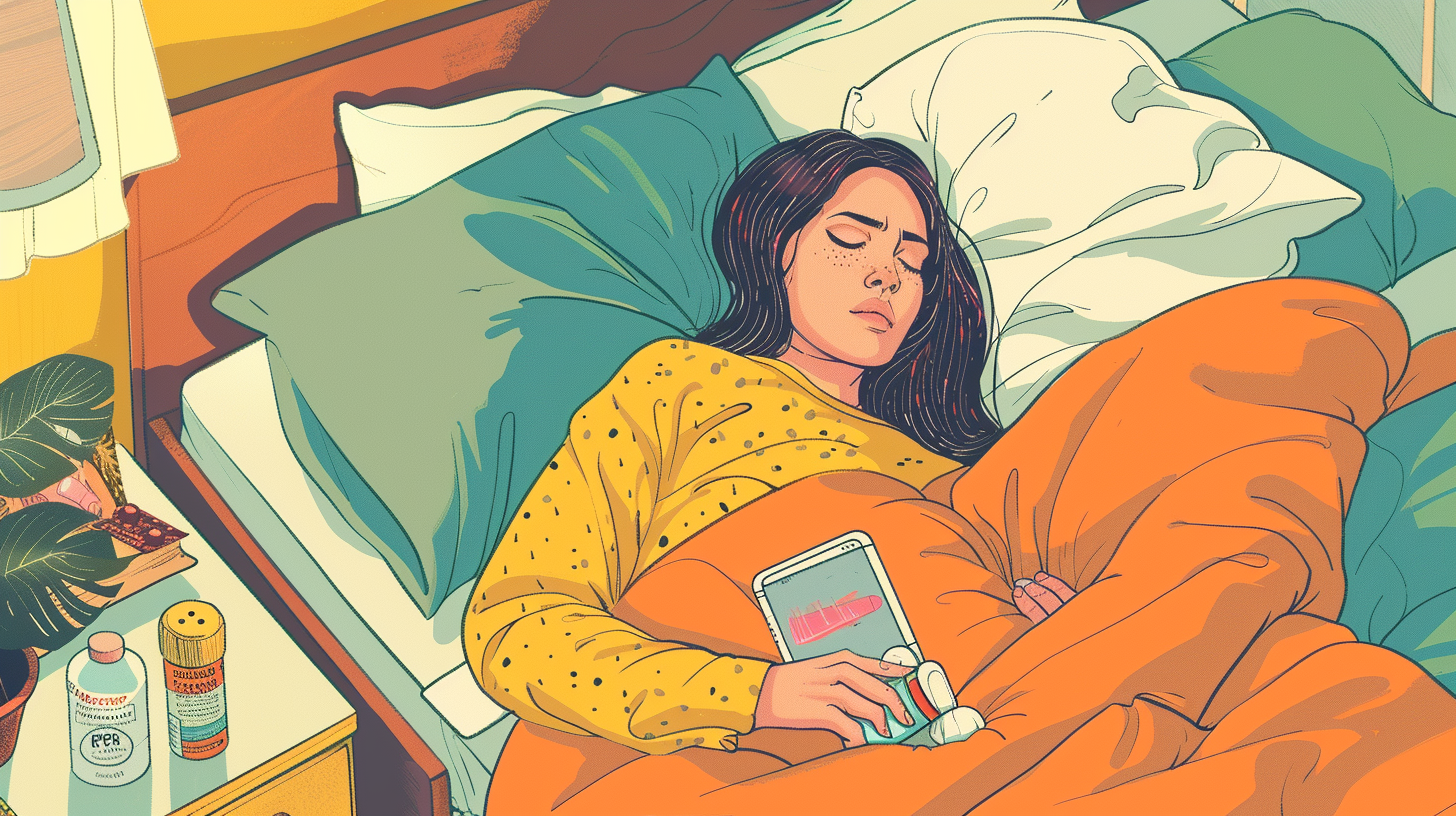When waiting isn’t an option
There’s nothing worse than being offered a GP appointment in 3-10 days’ time when the excruciating pain is happening right now.
Anyone who’s had a bout of cystitis rapidly become a Urinary Tract Infection (UTI) will understand this completely. While over-the-counter remedies may temporarily mask symptoms, nothing ends the pain – or swiftly treats the infection – quite like a round of antibiotics.
Between 50 and 60 percent of women will get a UTI in their lifetime, with over one quarter of them reporting chronic infections. Despite its commonality, obtaining a written prescription for antibiotics still requires an in-person visit to a GP, which is not an immediate certainty in the UK.
With symptoms being unmistakable for those who experience from recurrent infections, why should we suffer unnecessarily?
Online pharmacies sell antibiotics with same or next-day home delivery for those willing to fork out about £20 – a figure that will seem like pennies to anyone curled up in agony as the aches and pains slowly spread from their bladder to their kidneys.
Of course, I’m not suggesting that this practice should become a habit – despite surveys showing that it is. It comes with a slew of potential negative consequences including antibiotic resistance, a disrupted gut microbiome, and adverse drug interactions that can be serious for those on other medications.
But if the NHS is so overwhelmed that it can’t offer timely appointments for patients who can barely make it from their bed to the bathroom as is, does anyone believe its doctors have the resources to discover a better alternative?
Let’s just say, on many occasions, I haven’t banked on it.
When the struggle is finding peace of mind
For those struggling with their mental health, the story doesn’t look much different.
Mental health patients typically wait between 6 to 18 weeks for their first NHS therapy appointment (granted they’ve obtained a referral first), all while medication shortages are affecting pharmacies up and down the country.
The stakes are higher for Black, Asian, and minority ethnic communities who experience diminished access and significantly longer waiting times for mental health care services compared to white people.
It’s no surprise, then, that 1.8 million neurodivergent Brits have admitted to self-medicating at some point, with many pointing to ‘severe’ medication shortages as the reason. Patients have reported being forced to drive hours to out-of-town pharmacies to fill prescriptions, while others have resorted to riskily switching medication types when there is no other option.
Others are forgoing a doctor’s visit and turning to their local dealers for relief instead. As many as 1.8 million people used illegal marijuana to treat symptoms of depression, anxiety, PTSD, and chronic pain last year despite medical marijuana being legal in the UK since 2018.
They say the difficulty of signing up for medical cannabis schemes, as well as the hesitancy of doctors to offer a prescription, makes getting weed on the street a more reliable source – even when the potency, strain, and safety of it is questionable.
Hope on the horizon
All in all, this information presents a worrying picture.
The cost-of-living crisis shows no signs of slowing and it’s not as if people across Britain have the financial freedom to explore private healthcare as a way to sidestep the longed-out process of seeing an NHS practitioner in person.
Offering a glimmer of hope is the newly launched feature within the NHS app, which allows people to view their previously prescribed medication and request a refill from a pharmacy nearby. Already, it’s being used by 2.7 million people across the UK, saving time for nurses and patients.
When it comes to new prescriptions, though, people will still need to visit their doctors and keep their fingers crossed there is a slot available within a reasonable time frame. It seems the only solution to closing the gap is electing a government that actually values the NHS.
Until then, the number of people self-prescribing and medicating by other methods will surely continue to rise.
#FBNHS (@SueSuezep) April 1, 2024




















